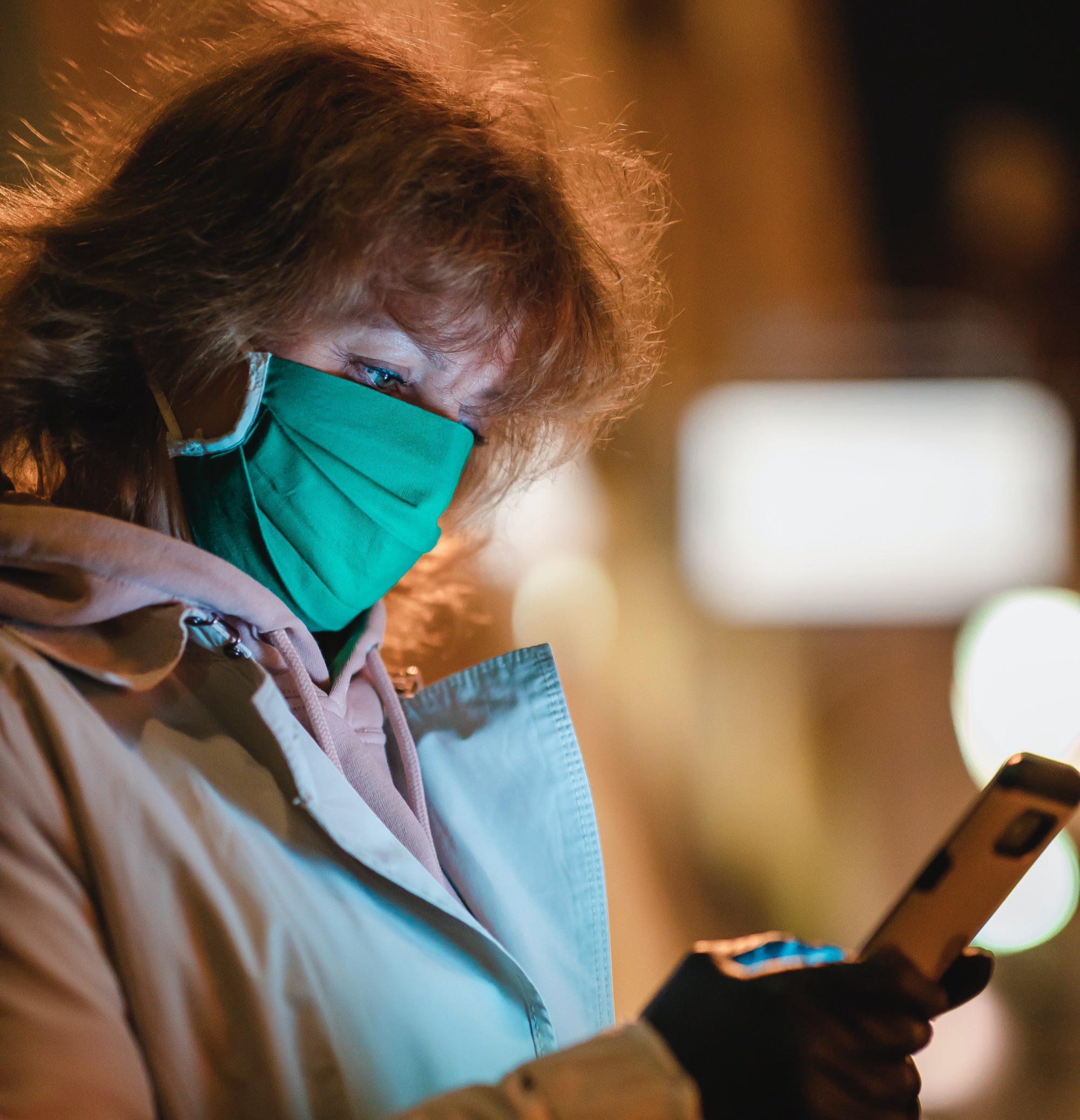
A National Strategy to Counter COVID-19 Misinformation
Summary
The United States accounts for over 20% of global deaths related to COVID-19 despite only having 4% of the world’s population. This unacceptable reality is in part due to the tsunami of misinformation surrounding COVID-19 that has flooded our nation. Misinformation not only decreases current compliance with best practices for containing and mitigating the spread of COVID-19, but will also feed directly into resistance against future administration of a vaccine or additional public-health measures.
The next administration should establish an office at the Department of Health and Human Services dedicated to combating COVID-19 misinformation. This office should lead a coordinated effort that:
- Ensures that evidence-based findings are at the core of COVID-19 response strategies.
- Utilizes data science and behavioral analytics to detect and counter COVID-19 misinformation.
- Works with social-media companies to remove misinformation from online platforms.
- Partners with online influencers to promote credible information about COVID-19.
- Encourages two-way conversations between public-health officials and the general public.
- Ensures that public-health communications are supported by on-the-ground action.
The Federation of American Scientists applauds the United States for declassifying the number of nuclear warheads in its military stockpile and the number of retired and dismantled warheads.
North Korea may have produced enough fissile material to build up to 90 nuclear warheads.
Secretary Austin’s likely certification of the Sentinel program should be open to public interrogation, and Congress must thoroughly examine whether every requirement is met before allowing the program to continue.
Researchers have many questions about the modernization of Pakistan’s nuclear-capable aircraft and associated air-launched cruise missiles.